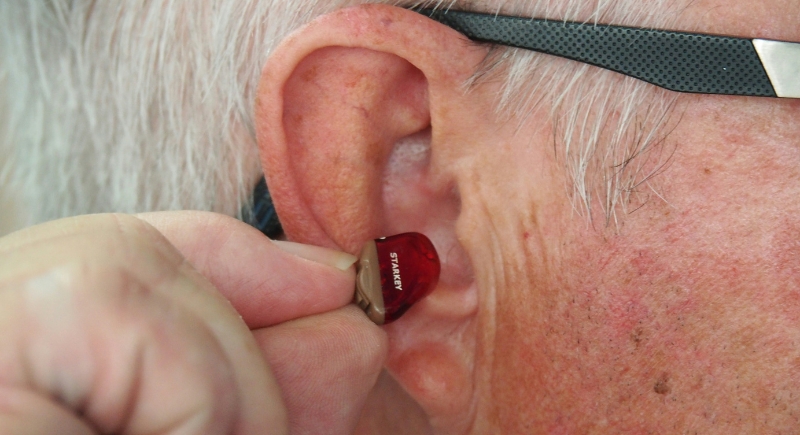Why Women Hear Better Than Men (And It’s True Everywhere)
Science has a way of confirming things people joke about at dinner tables, like how women always seem to hear when someone mutters something under their breath. Well, now there’s actual global research backing that up.
A new study has shown that women really do hear better than men, not just in one corner of the world but everywhere. The study’s findings are backed by a detailed examination of how ears work across different populations, places, and sound environments.
Specifically, it involved 450 people across 13 countries, covering everything from remote rural villages to cities. Researchers tested the inner ear, specifically the cochlea, the part that translates sound into nerve signals. Using a hearing test called Transient-Evoked Otoacoustic Emissions (or TEOAE, which sounds a lot cooler as an acronym), they found a consistent pattern. Women’s hearing was on average two decibels more sensitive than men’s. Two decibels might not sound like a big leap, but it makes a noticeable difference when it comes to detecting subtle or higher-pitched sounds, like speech in a noisy room.
The Biology Behind It
Scientists think women’s sharper hearing might start in the womb. Differences in hormone exposure during fetal development could be shaping ear sensitivity before birth. There’s also evidence pointing to slight anatomical differences in the cochlea itself between men and women, though these don’t fully explain the difference.
The brain joins in, too. Studies have shown that women tend to process speech using both hemispheres of the brain, while men usually rely more on just one. Bilateral brain engagement seems to help with interpreting and reacting to speech faster or more efficiently, especially in environments with lots of background noise. Women also seem to use more visual cues as they age, using lip reading and facial expressions to pick up and process sound.
Where You Live Matters
Biological gender was the biggest factor in hearing sensitivity, but it wasn’t the only one. Where people live made a huge difference, too. Those living in forests with lush, natural soundscapes filled with birds and insects had the highest hearing sensitivity overall. People in those environments need to be attuned to subtle sounds for things like survival or communication. It turns out that evolution leans into that kind of challenge.
On the opposite end were people living in high-altitude areas. Thin air, less atmospheric pressure, and lower oxygen levels not only make breathing harder but also seem to take a toll on the ears. These populations showed lower sensitivity across the board. There’s also the possibility that sound itself travels differently at higher elevations.
Then there are cities. Folks in urban areas had an interesting shift. Their ears were more tuned into higher-frequency sounds. Constant low-frequency background noise of traffic and HVAC systems, among others, might lead the brain to prioritize the sharper, higher tones. It’s basically mental filtering built from years of exposure to car horns and subways.
It’s Not Age This Time

Image via Unsplash/Mark Paton
People usually assume hearing loss is a part of getting older. That’s true to an extent. Ears do get less sharp with time, but this study found that age was far less important than gender or environment. In fact, the right ear generally performed better than the left across all groups. But even that right-ear edge couldn’t beat the overall difference between women and men.
Real-World Impact
The difference in two decibels can affect how people navigate conversations in crowded rooms or busy streets. Speech perception in noisy places can get tougher with duller hearing. So when women pick up things faster or more clearly in places filled with background noise, this may be part of why. Interestingly, some researchers pointed out that this increased sensitivity might not always be a good thing. In loud environments, having extra-sensitive ears could make things more overwhelming.
Women are also more likely to report experiences tied to hyperacusis, a condition where everyday sounds feel exaggerated or even painful. So while they might hear better, it sometimes comes with sensory costs. The same sensitivity that makes speech clearer can also make noisy spaces more fatiguing.
Tuning In
Hearing might not get as much attention as sight or smell in everyday conversation, but it plays a massive role in how people interact with each other and the world around them. It affects how language is learned, how danger is perceived, how emotions are communicated, and how people connect. While this study showed that women typically hear more clearly than men, it also showed how much environment, lifestyle, and brain wiring shape that experience.
For anyone wondering what to take away from this, women hear a bit better, yes. But hearing is complex, personal, and shaped by far more than volume alone. It’s the result of how the ears, brain, and surroundings work together. And apparently, women have a little auditory head start.